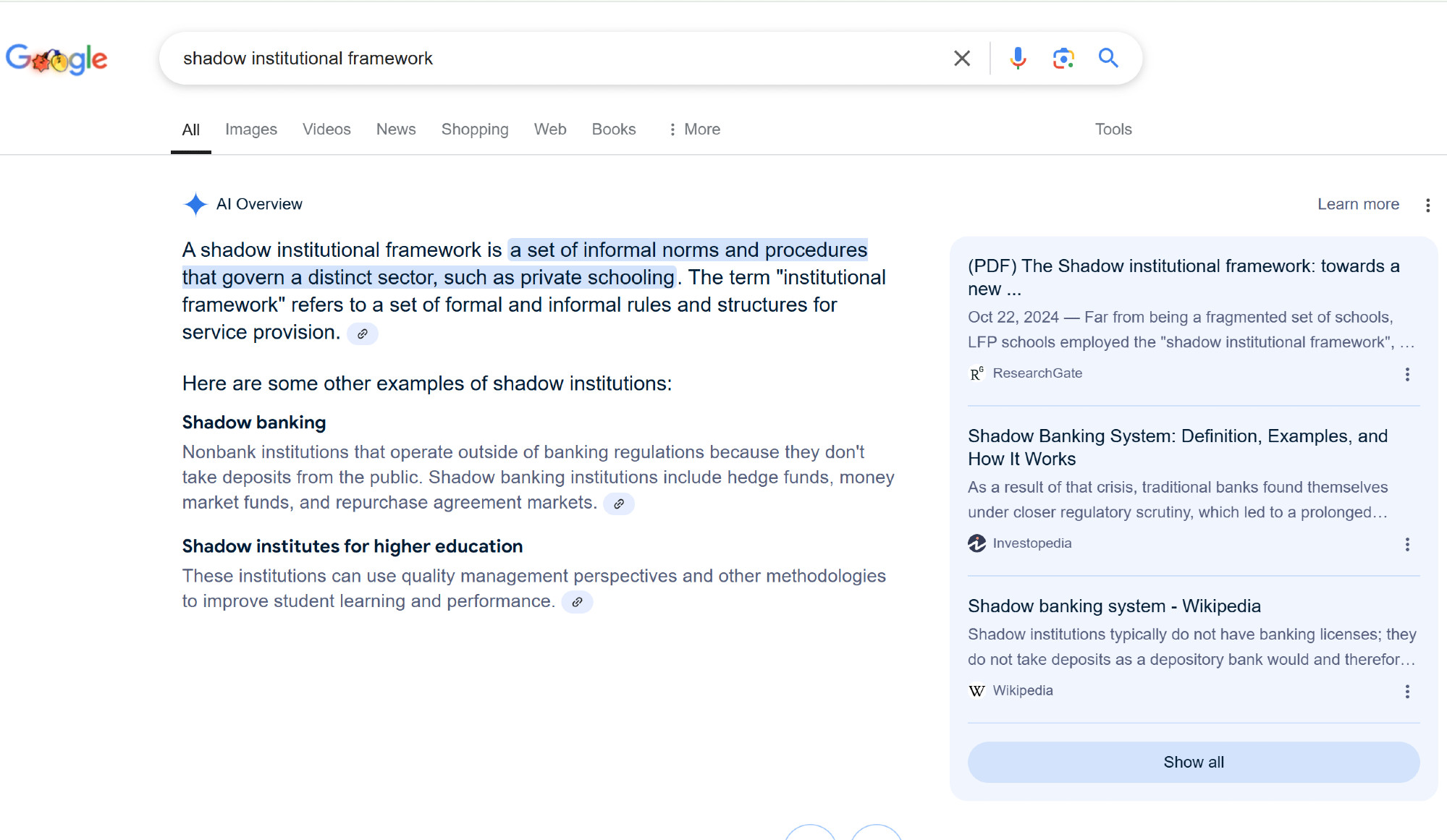this post was submitted on 19 Dec 2024
0 points (NaN% liked)
AcademicChatter group
0 readers
1 users here now
I'm a group about AcademicChatter. Follow me to get all the group posts. Tag me to share with the group. Create other groups by searching for or tagging @yourGroupName@a.gup.pe
founded 1 week ago
you are viewing a single comment's thread
view the rest of the comments
view the rest of the comments

@prachisrivas @academicchatter
I must admit that the copyright legislation of GB is totally perverted IMHO. What else can you say about a country following common law tradition and the copyright owners of legal cases are.... ta-daa... barristers!
AFAIK this is the reason why there is no public, freeof charge, searchable index of cases.
Feel free to correct me if I'm wrong.
@prachisrivas@masto.ai @academicchatter@a.gup.pe
Same garbage in USA. A group of shell companies owned by one umbrella company controls access to legal case rulings. If you try to use Pacer at a courthouse you risk being harassed and treated like a terrorist--especially if it is a case you are working on for yourself. And let's not even discuss transcripts. It can cost arm, leg, and firstborn to get a transcript of a case. The legal profession and the courts are a racket designed to serve the rich.
@octade @prachisrivas @academicchatter
Call me an idealist besserwisser but....
It took me 20 years to understand that the hero lawyers of US tv series and movies who remember a huge amount of court cases is not just about remembering being fancy but it is the very nature of common law system. There is no other law in many cases.
It was a shock for me as in German tradition that Finland has also followed, legislation is thematic and the laws are possible for a layman to understand.
Especially in the US the principle of minimizing state of the founders has lead to a very undemocratic and dysfunctional legal structure. It is far too costly, complicated and fuzzy.
@Elias
@octade @prachisrivas @academicchatter
There is a very interesting take on this by @pluralistic in his novel "the bezzle", which illustrates the absurdity of this concept of laws. It seems nearly impossible for laypeople in the US to grasp an understanding of the laws applicable to a certain situation (and it can become quite costly to collect that intel).
PS: In Germany it is still difficult to really understand the language of laws (and lawyers), but one can look it all up.
@AlRoeh @Elias @octade @prachisrivas @academicchatter @pluralistic
You can look it up in the US too--it's just that looking it up won't help you understand it any better.
@AlRoeh @octade @prachisrivas @academicchatter @pluralistic
Thank you for the reading tip!
Of course legal language is complex and has traditions that make it differ from common language. But - as you noted - it is possible to understand that with some training, experience or help.
Even I can understand German law or court decisions with my rusty German and a dictionary or a proper automatic translator (such as DeepL which AFAIK is a German company). On the other hand, after learning 20 years I am still not able to get a grasp of relevant law cases in a certain legal problem. It is truly, as Monty Python would put it, something totally different. ;-)